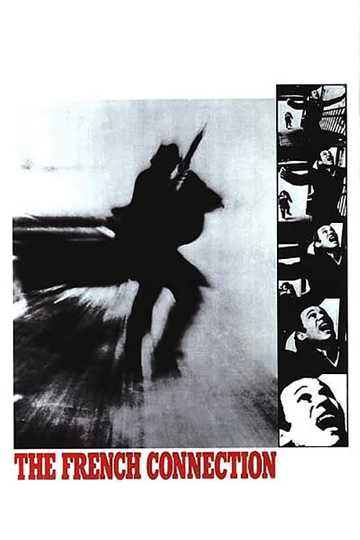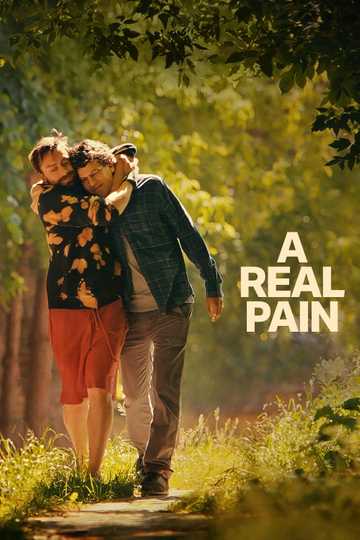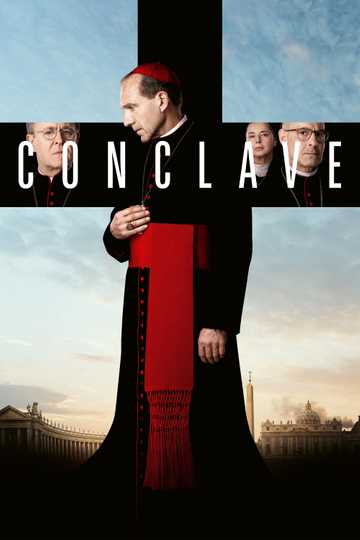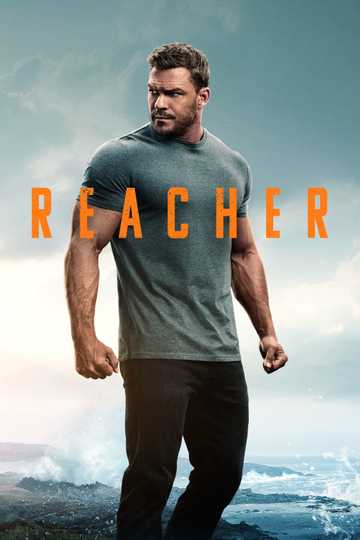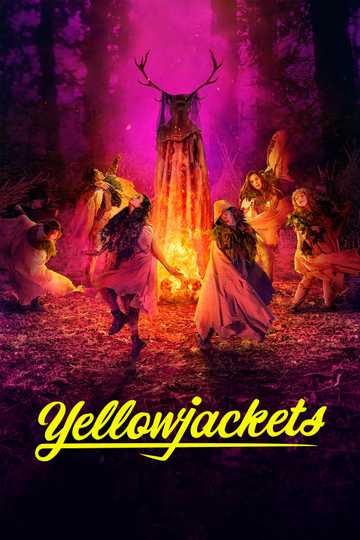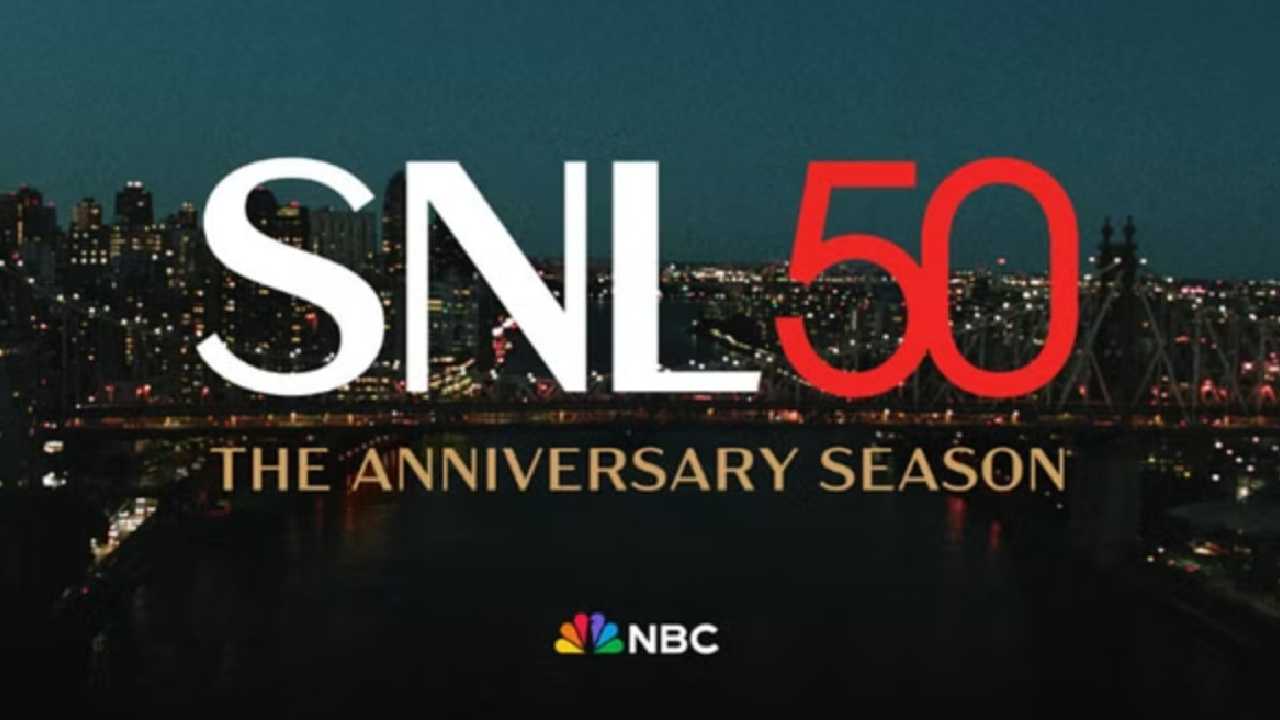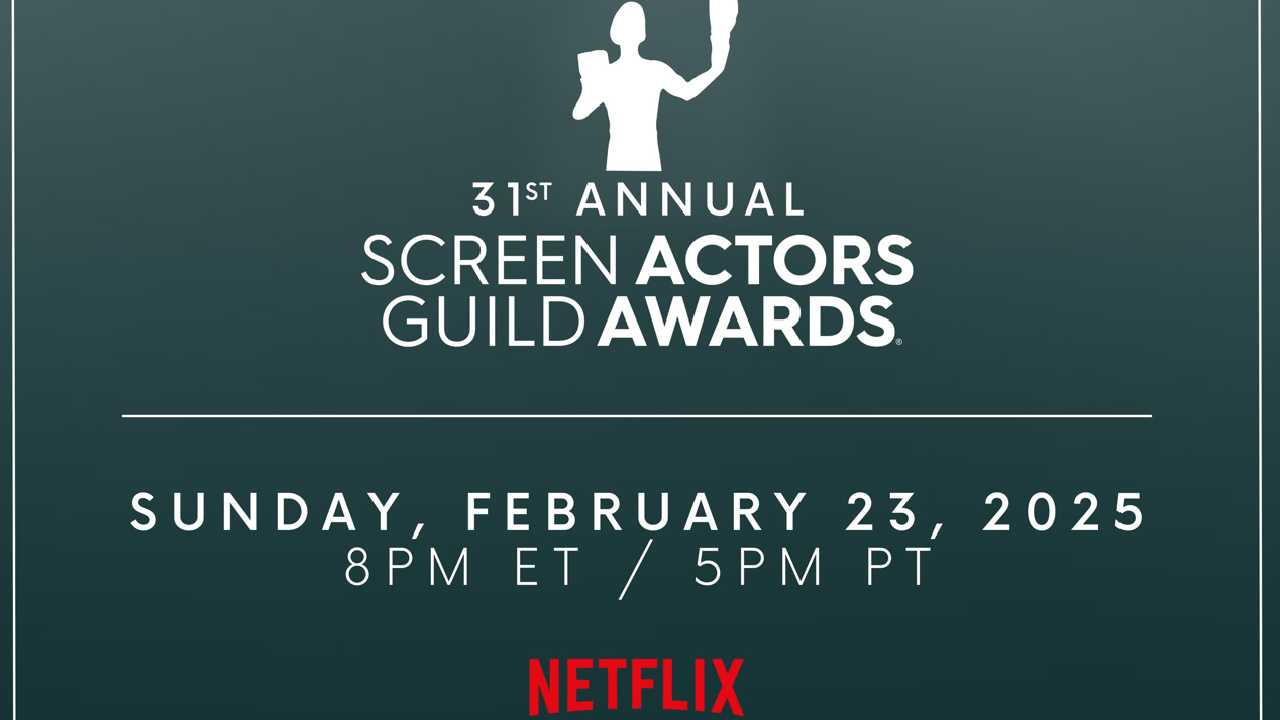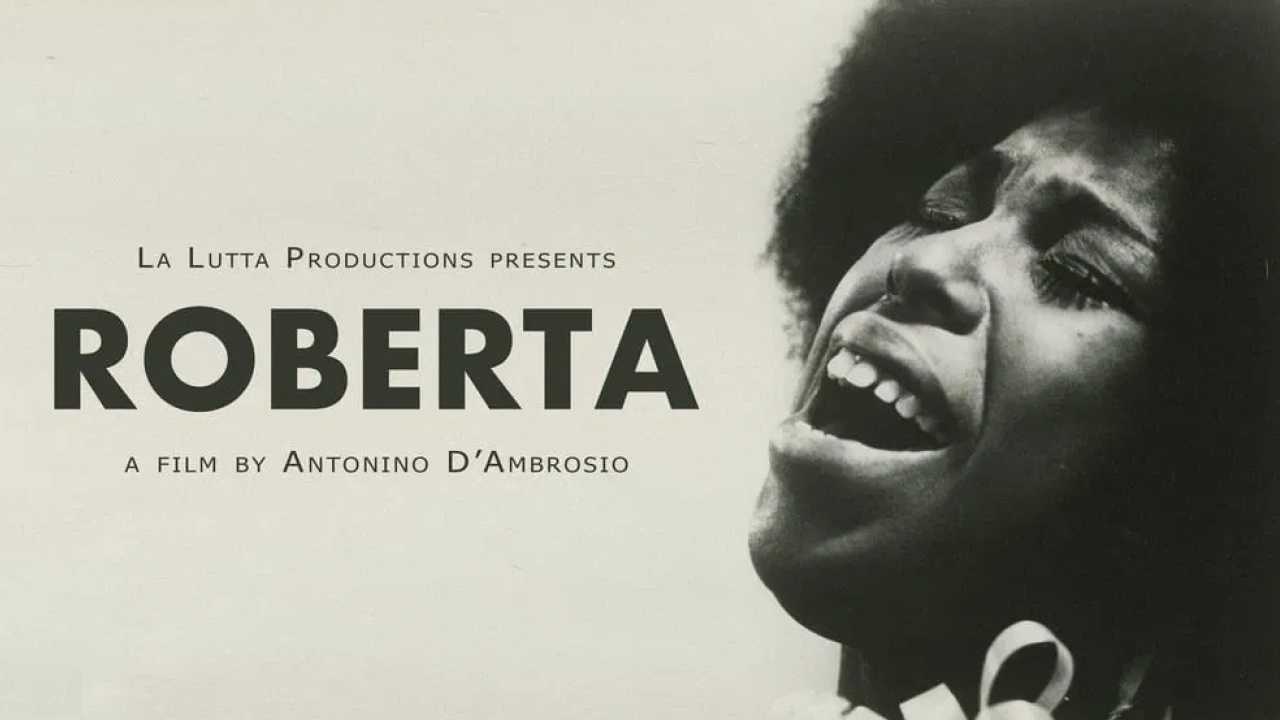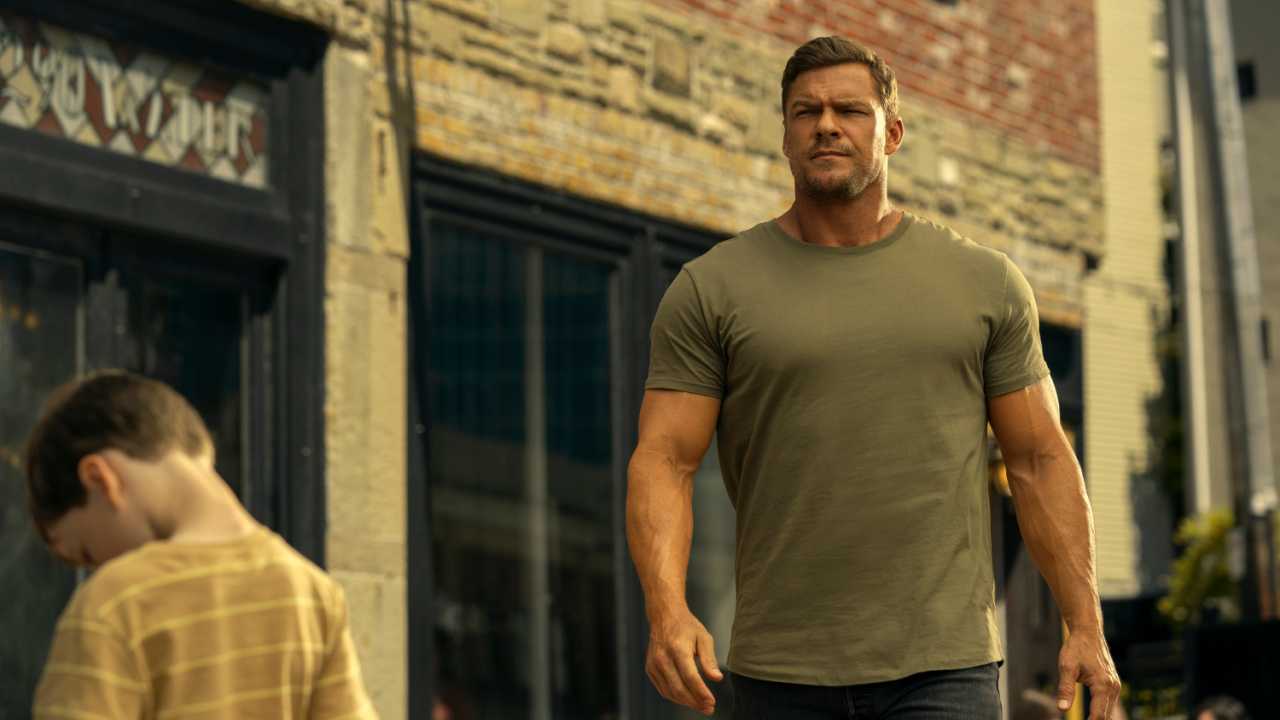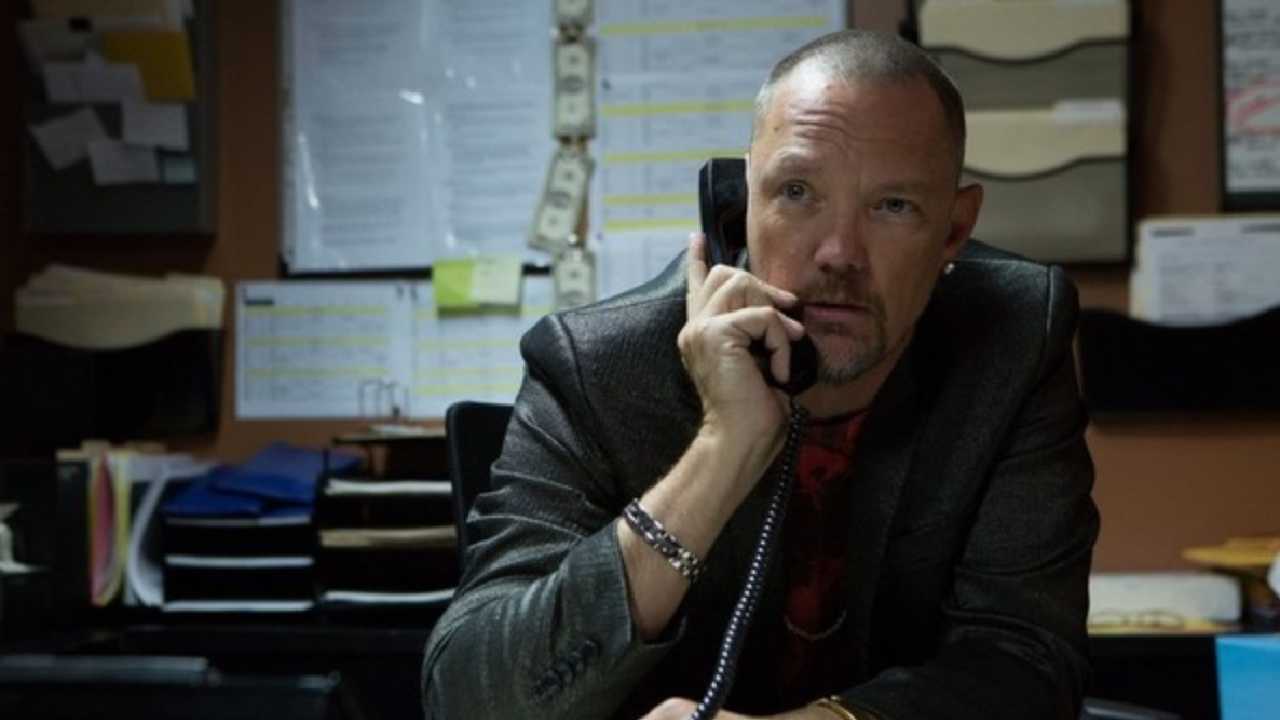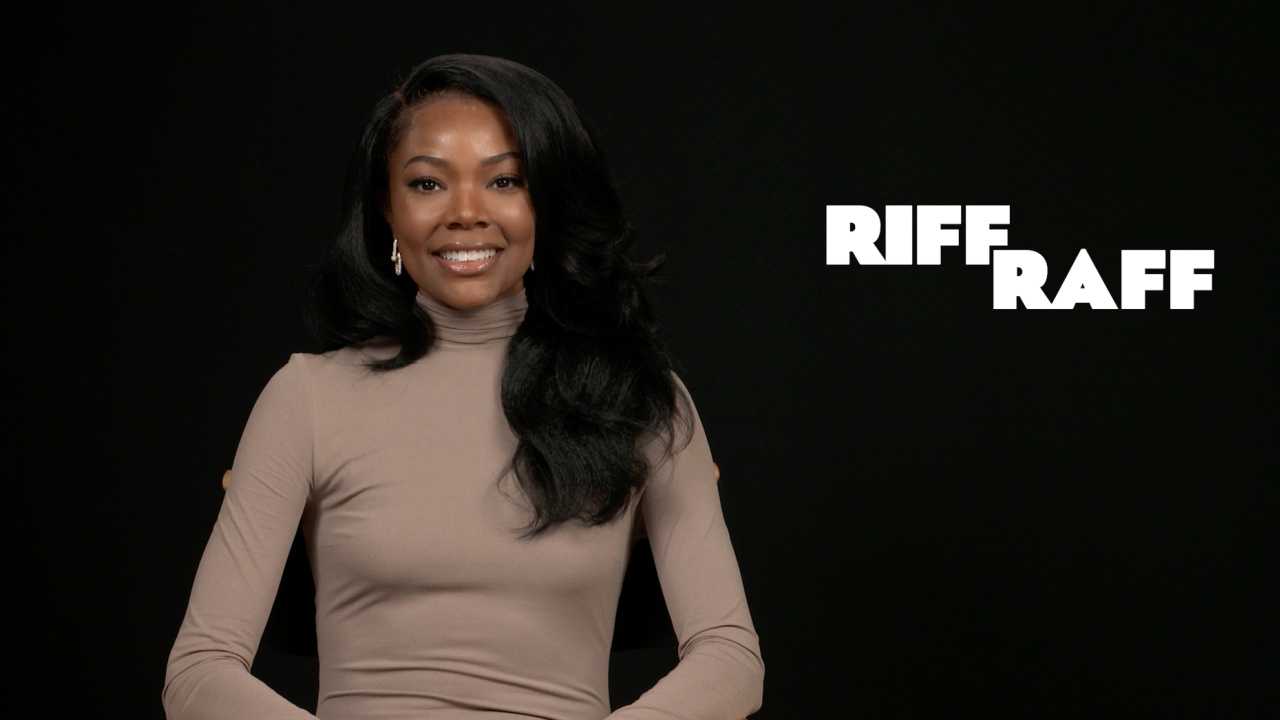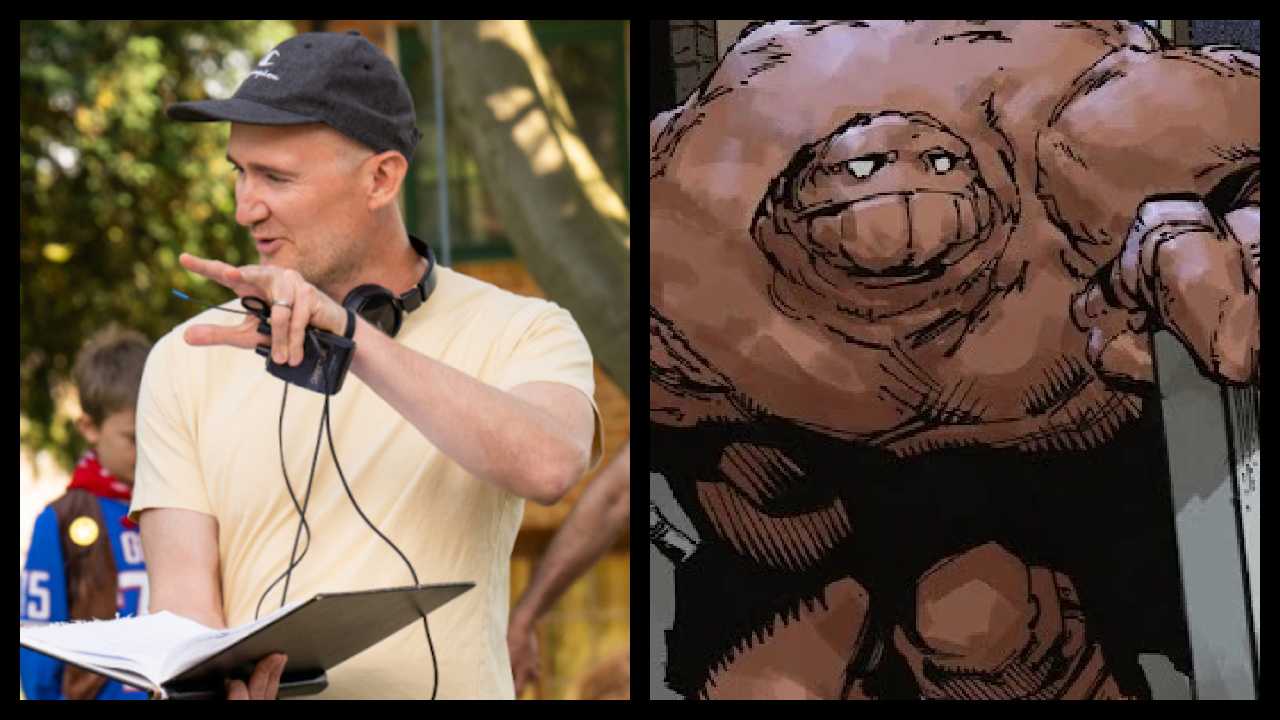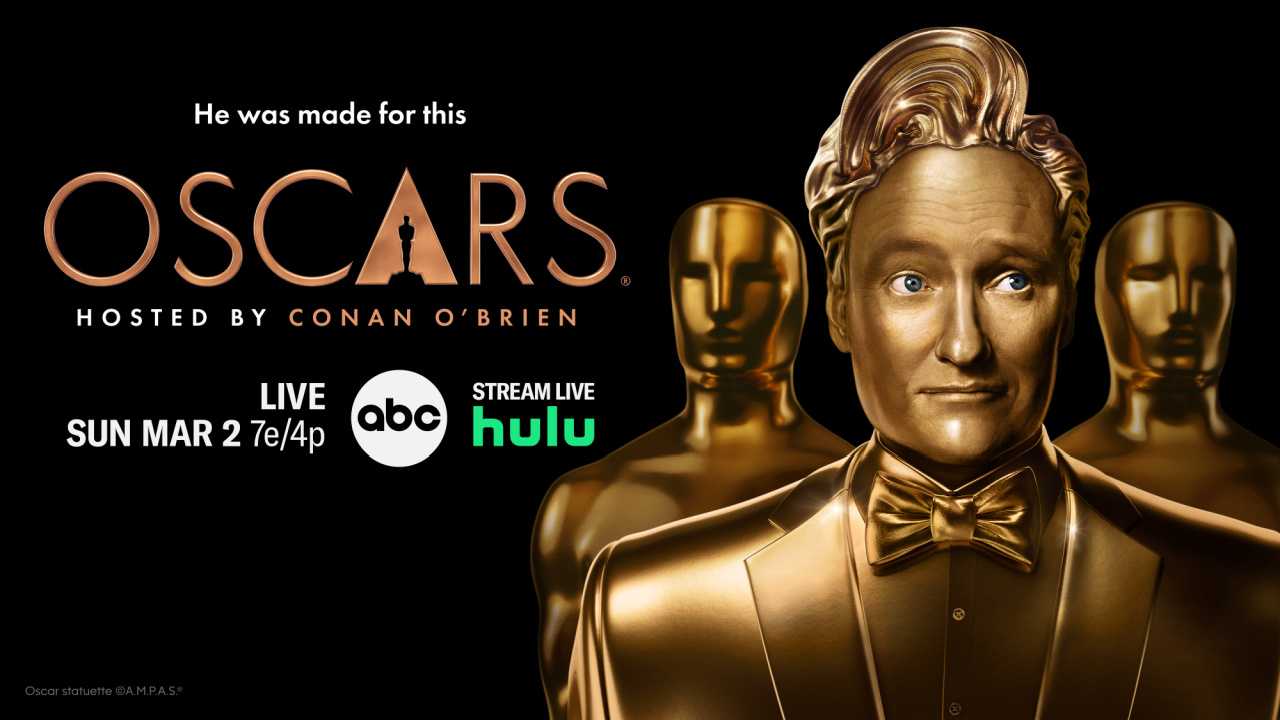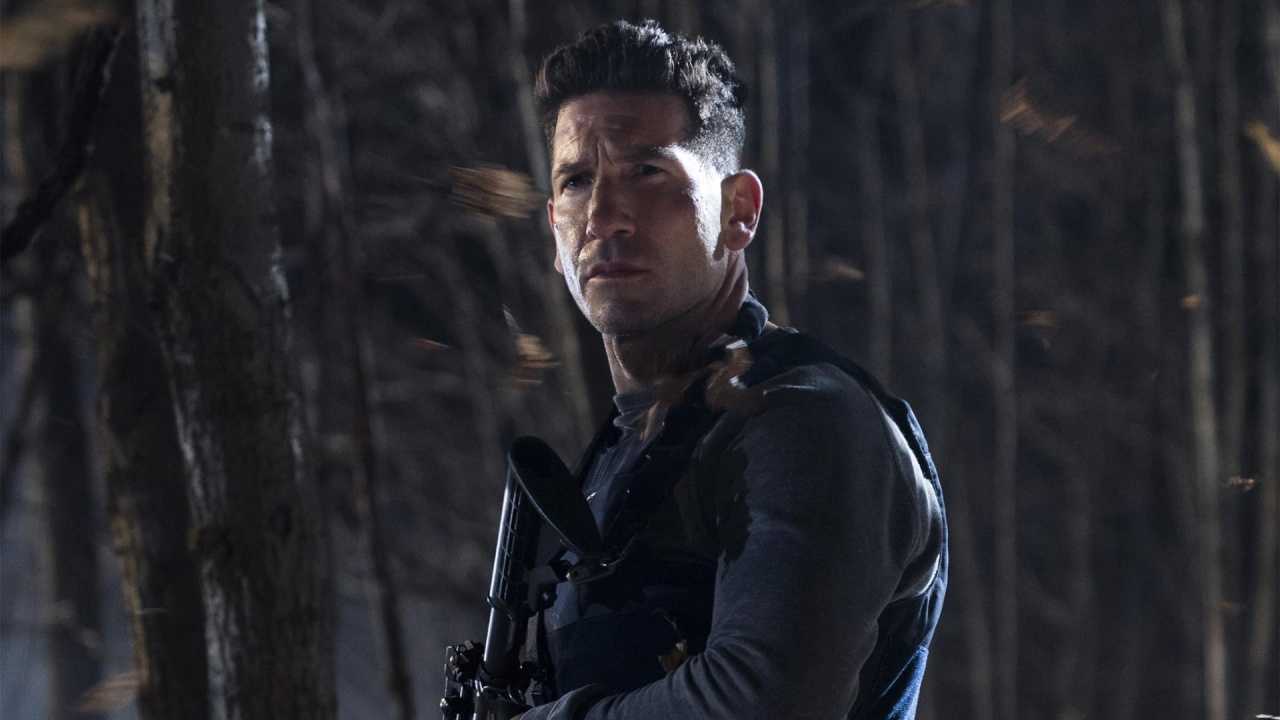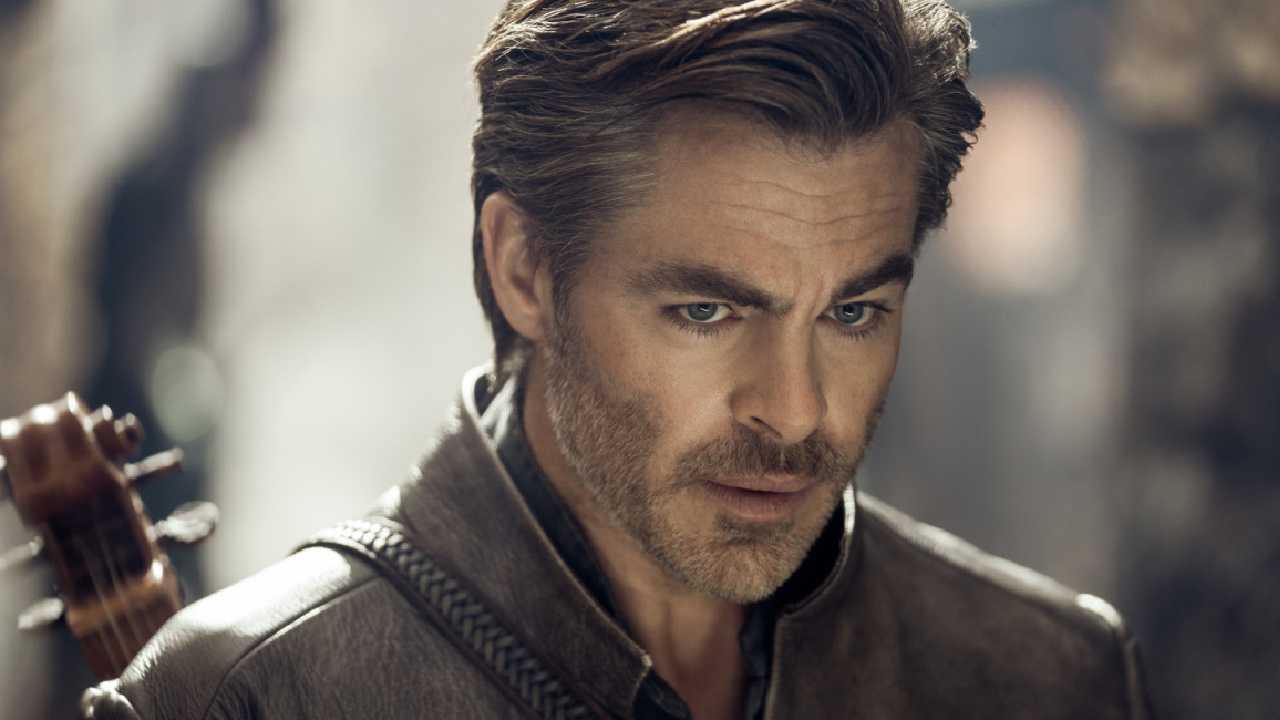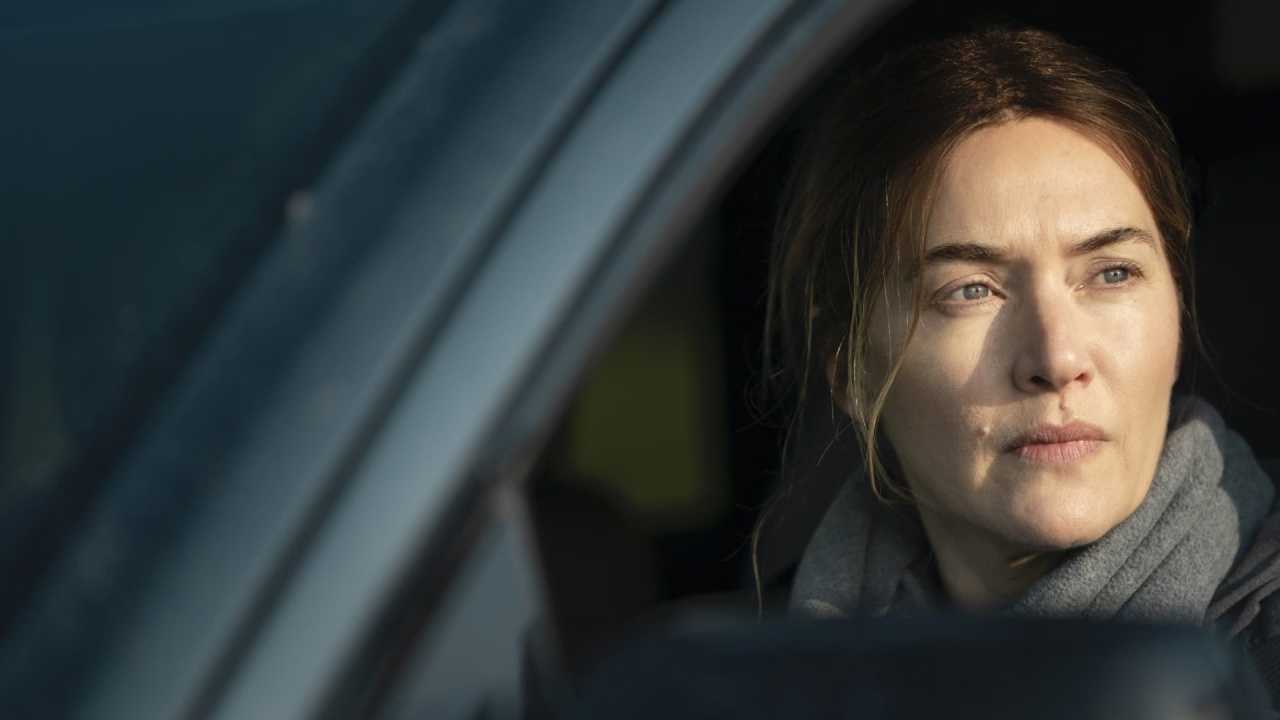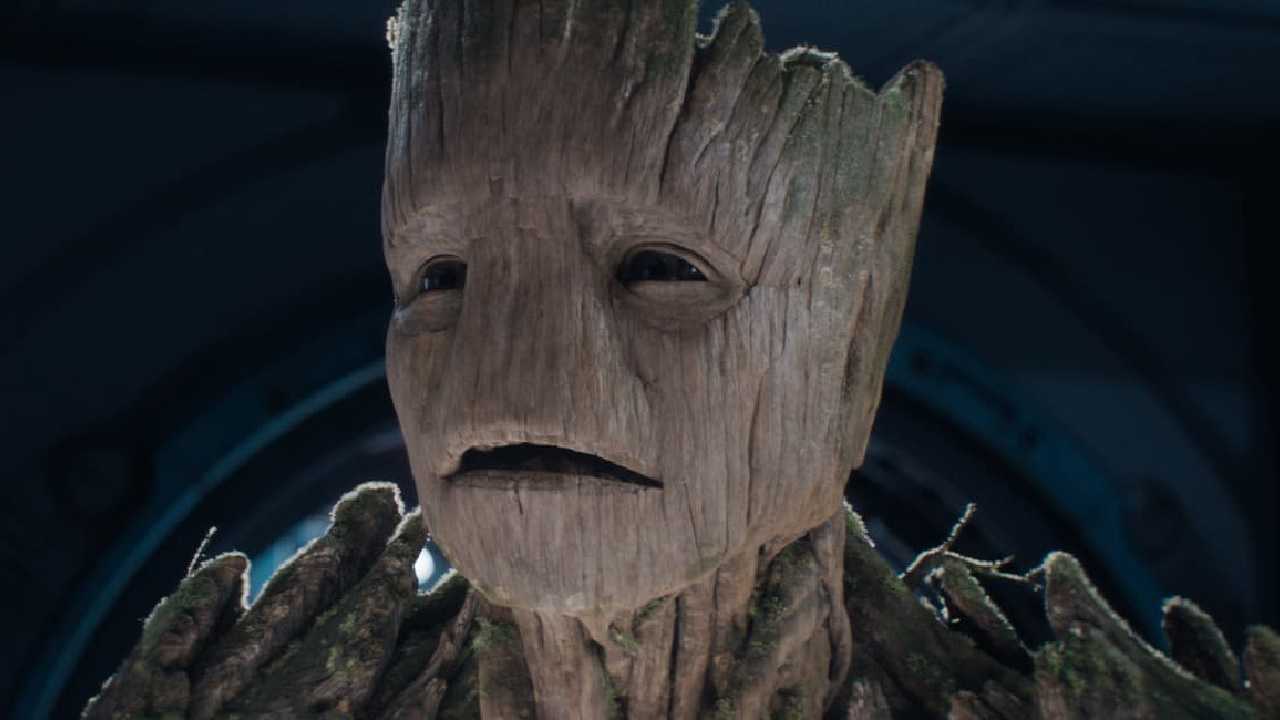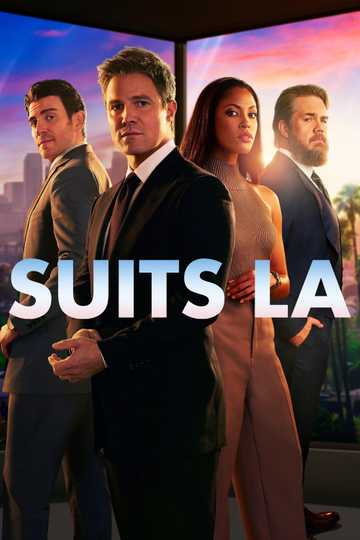Every Best Picture Oscar Winner, Ranked From Worst to Best
This week marks the 10th anniversary of the release of "Crash" (on May 6, 2005), an all-star movie whose controversy came not from its provocative treatment of racial issues but from its Best Picture Oscar victory a few months later, against what many critics felt was a much more deserving movie, "Brokeback Mountain."
The "Crash" vs. "Brokeback" battle is one of those lingering disputes that makes the Academy Awards so fascinating, year after year. Moviegoers and critics who revisit older movies are constantly judging the Academy's judgment. Even decades of hindsight may not always be enough to tell whether the Oscar voters of a particular year got it right or wrong. Whether it's "Birdman" vs. "Boyhood," "The King's Speech" vs. "The Social Network," "Saving Private Ryan" vs. "Shakespeare in Love" or even "An American in Paris" vs. "A Streetcar Named Desire," we're still confirming the Academy's taste or dismissing it as hopelessly off-base years later. And that's good; it means that the movies in question still remain alive and vital for us after all this time.
So, let's be foolish and dive deeply into the history of the Best Picture Oscar. Here's a list ranking every film ever to win the Academy's top prize. Feel as free to argue with our picks as we did with the Academy's; that's what movie lovers do.
87. "Crash" (2005)
Paul Haggis's all-star drama, with its web of unbelievable coincidences and incidents of vehicular mayhem, seems to think it has something deep to say about race in America, though its message boils down to the satirical "Avenue Q" song "Everyone's a Little Bit Racist." (Or, conversely, that Racists Are People Too.) How did this intellectual copout beat "Brokeback Mountain"? Maybe because the Academy is based in Los Angeles, and its members found something profound in a movie about Angelenos who spend too much time in their cars to forge connections with others.
86. "A Beautiful Mind" (2001)
Biopics don't come much more spurious than this one of schizophrenic math genius John Nash, which distorts and falsifies much of his life story, ignores the less savory elements, and deliberately deceives the audience in order to convey a sense of what Nash's mental illness must have felt like to him. That tearjerking business with the pen at the end doesn't redeem the rest of the movie.
85. "Around the World in 80 Days" (1956)
Producer Mike Todd's smirky, overstuffed version of Jules Verne's travelogue plays like a big in-joke; it's so full of well-known stars popping up for a moment (just long enough to wink at the audience and be recognized) that it's the movie for which the term "cameo" was invented. True, David Niven is perfectly cast as unflappable Phileas Fogg, and the movie does have the virtue of introducing American audiences to Mexican comic Cantinflas, as Fogg's sidekick, Passepartout.
84. "The Greatest Show on Earth" (1952)
They could have given the award that year to enduring classics like "Singin' in the Rain" or "High Noon," but they gave it to Cecil B. DeMille's sprawling circus melodrama. There's not much of interest here, save for Jimmy Stewart as a doctor on the lam who's disguised as a clown (he's unrecognizable in whiteface for the entire movie) and the spectacular train wreck that Steven Spielberg says inspired him to become a filmmaker. Otherwise, it's not even the greatest show of 1952.
83. "Forrest Gump" (1994)
A tale told by an idiot, full of sound and fury, signifying nothing. Tom Hanks does give a sweet, funny performance, but it's not enough to mask the movie's sour politics. (Submit unquestioningly to authority and you'll sail through life, but if you emulate Jenny and fight for justice and explore your sexuality, you'll be exploited by men, get AIDS, and die.) How did this movie beat "Pulp Fiction"?
82. "Driving Miss Daisy" (1989)
It's outrageous that the Academy honored this bland, mildly patronizing comedy about race relations and not Spike Lee's urgent "Do the Right Thing." Yes, Jessica Tandy became the oldest woman ever to win an Oscar as sort of a well-deserved lifetime achievement award, and Morgan Freeman was great as always, but there's not much substance behind the episodic collection of wry moments and one-liners. Hans Zimmer's jaunty score does most of the heavy lifting.
81. "The Broadway Melody" (1929)
One of the first musicals, made when MGM hadn't quite got the hang of how to make them but still superior to the ones every other studio was turning out. The song and dance numbers aren't well-integrated into the plot, and the whole thing is badly dated, but the romantic-quadrangle plot does have a lot of humor that gives the whole enterprise some snap.
80. "Oliver!" (1968)
Four musicals won Best Picture in the 1960s. This one was the least worthy, an overstuffed extravaganza about an underfed orphan. Just a year later, the Academy would give the prize to "Midnight Cowboy," which tells you how far behind the times "Oliver!" was
79. "Gandhi" (1982)
On paper, "Gandhi" is the kind of film that looks important, an epic biopic about a revered world leader. But it's slow, stiff, and dull. All it really has going for it is Ben Kingsley's starmaking, Oscar-winning turn in the title role. There's no way it should have defeated "E.T the Extraterrestrial." for Best Picture.
78. "Chariots of Fire" (1981)
There's that great running-on-the-beach opening sequence and that majestic Vangelis theme that everyone has played in their head at least once while jogging. But after that, the movie turns into a standard sports drama, one with some confusing points to make about whether God cares who wins Olympic gold medals.
77. "Ben-Hur" (1959)
Yeah, the chariot race is one of the most gripping action sequences of all time. But to see it, you have to wait through two and a half hours of sludgy, glum Biblical epic. (And then there's another 45 minutes to sit through after that.) Not even script doctor Gore Vidal's attempt to camp up the movie by implying that Judah (Charlton Heston) and Messala (Stephen Boyd) are more then friends can do much to enliven the solemn proceedings.
76. "Braveheart" (1995)
Mel Gibson's biopic of medieval Scottish rebel William Wallace is a rousing action movie disguised as a historical epic. That disguise must have fooled a lot of Academy members, who rewarded the film as if it had been about something more than guys with blue faces lopping off enemy limbs for three hours.
75. "American Beauty" (1999)
In a year of stellar and groundbreaking movies, from "The Matrix" to "Being John Malkovich," this dark comedy was inexplicably named Best Picture, even though there's nothing in here that wasn't done better in "Sunset Boulevard" (the whole dead-narrator thing), "Blue Velvet" (the whole something's-rotten-in-suburbia thing), and fellow 1999 movie "Office Space" (the whole dramatically-quitting-your-soul-deadening-white-collar-job thing). Kevin Spacey won an Oscar for largely reprising his role from "The Ref," while Annette Bening was nominated for playing an unsympathetic harpy. There are a lot of funny and sad moments, but they don't add up to anything like the profound statement the film thinks it's making.
74. "Cimarron" (1931)
Many of Edna Ferber's novels have yielded big, sweeping epic movies, and this western is no exception. Richard Dix stars as an Oklahoma homesteader who practically tames the frontier single-handedly. The movie is full of racial stereotypes that are cringeworthy today, but if you can ignore them (a big "if"), you'll get swept up in the larger-than-life storytelling.
73. "Mrs. Miniver" (1942)
Greer Garson notoriously gave one of the longest and dullest acceptance speeches in Oscar history when she won for playing the title character, a British matriarch trying to keep her family intact while the men are off at war. The 1942 melodrama was supposed to be a morale-raiser on the Allied home front, but it kind of resembled Garson's speech.
72. "Wings" (1927)
The very first Best Picture winner features some thrilling World War I aerial combat scenes, as the title suggests, but the romantic triangle on the ground is nothing special. Hard to see why "Sunrise" (which did win a special Oscar that year) or "The Jazz Singer" didn't beat this overlong epic, the first instance of the Academy rewarding dazzling production value over artistic merit and innovation.
71. "Gentleman's Agreement" (1947)
Hollywood was proud of itself for tackling the taboo topic of anti-Semitism with this drama, in which magazine reporter Gregory Peck goes undercover as a Jew and learns about prejudice by experiencing it. The moral is supposed to be "Don't be a bigot," but the real lesson of the movie seems to be "Don't be a bigot because the person you're discriminating against could turn out to be Gregory Peck." The movie does get some authenticity points from co-star John Garfield, who really did experience anti-Semitism firsthand.
70. "Cavalcade" (1933)
"King Kong" wuz robbed! Noel Coward's dramedy about two British families (one stoic and upper-crust, one colorful and working-class, with the patriarch of the latter clan serving as a butler to the former clan) weathering the upheavals of the early 20th century is pretty stiff, though watching it today may remind you of "Downton Abbey."
69. "Mutiny on the Bounty" (1935)
Charles Laughton was one of the movies' wiliest hams. He plays Captain Bligh with great gusto, and while Clark Gable is as dashing as always as mutiny leader Fletcher Christian, he can't chew as much scenery as Laughton. Even these two colorful performances aren't enough to redeem a slow-moving retelling of the familiar sea story.
68. "The Great Ziegfeld" (1936)
William Powell plays the legendary Broadway impresario, though with not as much flair as you'd expect. The movie belongs to Luise Rainer as his ex-wife who, in one scene (she's on the phone, hearing about Ziegfeld's new love and trying in vain to put on a brave face) steals the movie and wins her own Oscar. The rest of the film has a hard time living up to the drama and pathos of that moment.
67. "Gladiator" (2000)
Ridley Scott's swords-and-sandals movie isn't bad. It's an uncredited remake of 1964's "The Fall of the Roman Empire," with a starmaking performance by Russell Crowe, a fascinating villain in Joaquin Phoenix, and a few obvious points to make about our own bread-and-circuses culture. "Are you not entertained?" Well, yes, yes we are. But let's not pretend the film is great art or anything more than an action thriller about one man's quest for vengeance.
66. "Tom Jones" (1963)
Tony Richardson's adaptation of Henry Fielding's 18th-century comic novel about a foundling's rise through society was much praised at the time for bringing French New Wave filmmaking style to a British period farce, not to mention for casting an impossibly young and handsome Albert Finney in the lead and for pushing the boundaries on sexual innuendo about as far as they could go in 1963. Today, the whole thing looks like a Benny Hill sketch -- sped-up film, look-but-don't-touch cleavage, and lots of winking and smirking over how naughty everyone is.
65. "The Last Emperor" (1987)
Bernardo Bertolucci's biopic of Pu Yi, deposed from the Chinese throne as a youth, and witness to all the tumultuous changes of 20th century Chinese history, is a stunning-looking but surprisingly inert epic. It makes great use of rarely-filmed Forbidden City locations, but it's seldom clear what point the director means to make about the riches-to-rags protagonist or the Communist regime that replaced his form of authoritarianism with another. Still, John Lone is magnetic in the title role.
64. "Dances With Wolves" (1990)
The Academy likes to reward actors who make their own opportunities, especially when those opportunities yield critically acclaimed hit movies. That's one reason why Kevin Costner's epic became the first western to win Best Picture since "Cimarron" 59 years earlier. There was also the sense that it performed an important duty, presenting the conquest of the plains by white settlers from the point of view of the beleaguered Lakota Indians -- and in their own language, to boot. Noble as the film is, it's not a better movie than Martin Scorsese's "Goodfellas," the movie that should have won in 1990. It's draggy and obvious in places. But it's also rousing at times, especially that buffalo hunt sequence. And it looks great on a big screen.
63. "The King's Speech" (2010)
The Miramax/Weinstein house style that began with "The English Patient" -- World War II, well-educated British characters, romance, personal adversity, Colin Firth -- becomes a self-fulfilling prophecy here; it's as if the movie was factory-designed to win Oscars. Firth's trophy for playing the stammering monarch was deserved, but this is a thoroughly conventional movie, one meant to make moviegoers and Oscar voters feel good about patronizing such a classy project, and one that should have lost to the more forward-thinking, zeitgest-capturing "The Social Network."
62. "Titanic" (1997)
It made James Cameron the King of the World and was the Biggest Movie Ever (until Cameron's "Avatar"), but have you watched it lately? The dialogue is clunky, the characters are thin, and it takes two hours before the damn ship even starts to sink. It should never have beaten fellow nominee "L.A. Confidential." Still, "Titanic" excels in generating spectacle (that last hour and a half is still gripping, even though you know how horribly it will all end), getting you to root for Leonardo DiCaprio and Kate Winslet as a couple (maybe this time, you hope, she'll let him share that makeshift raft), and presenting it all as a grand statement about the death of the old order, our misplaced faith in technology, and the dawning of an age where strong women can thrive.
61. "Going My Way" (1944)
Bing Crosby won an Oscar as the fun-loving priest who brings new life to his church and even gets the rascally kids in his working-class parish to join the choir. Your grandparents loved this movie, but today, Leo McCarey's dated dramedy looks like little more than a collection of Irish-Catholic stereotypes.
60. "The Life of Emile Zola" (1937)
One of Hollywood's first attempts to tackle anti-Semitism was this biopic of the French author, whose second half focuses on his belated defense of Alfred Dreyfus (Joseph Schildkraut), a military officer falsely accused of treason. The versatile Paul Muni is convincing, as always, thoroughly disappearing into the role of Zola -- in fact, he almost disappears from the latter half of the movie, which is more about Dreyfus' ordeal.
59. "Chicago" (2002)
Director Rob Marshall was praised for his brilliance in staging the Broadway musical for the screen by making it all seem to be taking place in Renee Zellweger's fame-addled mind. Actually, that seems like kind of a copout. Still, he got Zellweger to sing and dance like a trouper, wisely cast Richard Gere as the oily lawyer, and helped Catherine Zeta Jones win an Oscar as Zellweger's equally fame-hungry frenemy. The movie's notion that our culture sees no difference between fame and notoriety is pretty shallow and obvious, but at least "Chicago" papers over it with great Kander and Ebb songs and Bob Fosse-style choreography.
58. "The Artist" (2011)
Before 2011, the Academy had never given Best Picture to a movie about Hollywood actors and filmmakers. Now they've done it three times in four years. There's something a bit self-congratulatory in the industry reassuring itself that it can survive a transition into the uncertain future generated by new technologies. Still, it's a pretty neat stunt to make a silent, black-and-white movie this late in the game. Oscar-winner Jean Dujardin is deft and charming as the silent actor who stumbles when talking pictures become the norm. And the dog is awesome.
57. "Patton" (1970)
George C. Scott notoriously refused to accept the Oscar he won for playing the legendary World War II general, but he certainly deserved it for his warts-and-all performance. In fact, he probably deserved it just for the famous speech he gives in front of a giant flag during the movie's opening sequence. The rest of the film, a fairly conventional war drama, has a hard time living up to those first few minutes.
56. "The Deer Hunter" (1978)
Michael Cimino's epic was the first Vietnam War movie to earn widespread approval, probably because it wasn't really about the war, but rather about its devastating impact on a small Rust Belt town in Middle America. The notorious Russian roulette sequences may not reflect anything that the Viet Cong actually inflicted on American soldiers, but then, the Vietnamese in the movie aren't real people, just nightmare demons from a hell to which good American boys were inexplicably sent, and from which only few came back with body and soul intact. Still, it won Christopher Walken an Oscar. So there's that.
55. "Slumdog Millionaire" (2008)
Maybe we should thank director Danny Boyle for making stars of Dev Patel and Freida Pinto, as well as for helping to mainstream Bollywood-style filmmaking among Western audiences. But this story of a young man whose horrific upbringing and love for a fellow urchin have provided him with exactly the answers he needs to win a trivia game show jackpot is so shamelessly contrived and full of improbable coincidences and blatant tearjerking moments that even Dickens would have balked.
54. "Rain Man" (1988)
Dustin Hoffman won an Oscar for his portrayal of an autistic savant, but it's hard to say that the movie is actually about anything, save for Hoffman's bag of remarkable Method acting tricks. It is fascinating, for once, to see hotshot Tom Cruise confront an obstacle he can't conquer with charm and effort. But that's about all there is here.
53. "The English Patient" (1996)
We're with "Seinfeld's" Elaine on this: "The English Patient" is severely overrated. Its politics are somewhere between naive and nonsensical, and its intellectual pretensions disguise the fact that the movie is really about as deep as a Banana Republic ad. And it goes on forever. Still, Ralph Fiennes and Kristin Scott Thomas deliver some of their best work, the movie's visuals have a painterly loveliness, and writer/director Anthony Minghella at least has the kind of epic ambition that Hollywood has all but abandoned.
52. "Argo" (2012)
Yes, a lot of its most dramatic moments are invented, and the film reeks of Hollywood patting itself on the back for doing the right thing (for once). Still, there's a lot of entertainment value in Ben Affleck's recounting of how a CIA operative used a fake Hollywood sci-fi movie shoot to spirit trapped Americans out of revolutionary Iran. Affleck the actor is fine in the lead role (though he graciously lets Alan Arkin and John Goodman steal much of the film), but Affleck the director is especially deft in shifting from political history lesson to comedy to suspenseful drama.
51. "All the King's Men" (1949)
Robert Rossen's political drama, adapted from Robert Penn Warren's roman a clef about legendary Louisiana governor Huey Long, is one of those great cautionary tales about a titan whose good intentions are corrupted by his lust for power. Broderick Crawford won an Oscar for his larger-than-life lead performance.
50. "You Can't Take It With You" (1938)
Frank Capra's second Best Picture win in five years (after "It Happened One Night") is the adaptation of the classic Kaufman and Hart stage farce about a family of nonconformists. He didn't really add anything special to the material, but it's pretty near indestructible.
49. "The Lost Weekend" (1945)
Director Billy Wilder may have been one of Hollywood's greatest cynics, but here, he delivered an earnest drama about the horrors of addiction, probably Hollywood's first such film. Ray Milland won an Oscar as well for playing a drunk on an epic, nightmarish bender.
48. "Gigi" (1958)
Don't think too much about this musical's premise: A girl is trained to be a golddigger and trade sex for material comfort, but she manages to charm a rich libertine into marrying her and giving up hedonism for bourgeois propriety. Ignore that, since everyone involved (Leslie Caron, Louis Jourdan, and especially old goat Maurice Chevalier) is having too much fun to care.
47. "The Sound of Music" (1965)
You love it, you sing along to it whenever it's on TV, you laugh at the puppets and hiss at the Nazis. But c'mon. This film is as corny and shameless as they come. Singing nuns! Cute kids! Hissable Nazis! Oh, what the heck. Resistance is futile. Everybody: "Do, a deer, a female deer..."
46. "Rocky" (1976)
"Rocky" isn't a better movie than "Network," "Bound for Glory," or a number of worthy 1976 films, but it's still pretty great, and not just because it launched a franchise or because Sylvester Stallone's behind-the-scenes Cinderella story mirrored the one he was acting out on screen. It's great because it's full of lived-in, observed details, from the grimy boxing gym to the meat-locker punching bags to the pet turtles named Cuff and Link. And as long as the Philadelphia Art Museum stands, "Rocky" fans will run up the steps while singing the movie's theme to themselves.
45. "Marty" (1955)
Paddy Chayefsky's little drama of a schlubby Bronx butcher (Oscar-winner Ernest Borgnine) who finds love is one of those small movies with an enormous heart that the Academy sometimes likes to reward, as proof that even relentlessly ordinary people can live big, cinematic lives.
44. "All Quiet on the Western Front" (1930)
Lewis Milestone's adaptation of Erich Maria Remarque's anti-war novel is surprisingly faithful and horrific for 1930. Lew Ayres is heartbreaking as a soldier just trying to stay alive in the trenches in the final days of World War I.
43. "Out of Africa" (1985)
There's no reason this movie should have worked. It's the downbeat (but true) story of a woman who loses everything but finds her voice as a writer. Robert Redford, playing an Englishman, doesn't even try an English accent. And there's something patronizing about the film's notion of Africa as a place whose terrain and tribespeople are too inscrutable and inhospitable for would-be European colonizers to coexist there. Still, Sydney Pollack's Isak Dinesen biopic is a swoony romantic epic of the kind almost nobody makes anymore, Redford and Meryl Streep make a dreamy pair, and the location scenery is gorgeous.
42. "My Fair Lady" (1964)
We'll never know what the movie would have been like if Julie Andrews had gotten to reprise her stage role as Eliza Doolittle. (Warner Bros. didn't want to risk a big-budget musical on an actress who'd never sold a movie ticket, so they picked Audrey Hepburn and freed Andrews to make "Mary Poppins," which won her the Oscar for her film debut.) Hepburn's singing is dubbed, and her transformation into a princess is a foregone conclusion because she's Audrey Hepburn. Still, she's awfully funny, she looks fantastic, and she's in great company with the likes of Stanley Holloway, Wilfrid Hyde-White, and Rex Harrison (who was born to play Henry Higgins).
41. "Platoon" (1986)
Somehow, it's doubtful that Oliver Stone's Vietnam experience was as schematic as he portrays it in "Platoon," where a naive young enlistee (Charlie Sheen) has a Good Sergeant (Willem Dafoe) and an Evil Sergeant (Tom Berenger) fighting over his soul. But we'll give Stone the benefit of the doubt for what must be the most authentic, grunt's-eye view of what it was like to serve in Vietnam.
40. "No Country for Old Men" (2007)
Tough call: did the Coens' adaptation of Cormac McCarthy's bleak Texas crime saga deserve to beat Paul Thomas Anderson's equally bleak "There Will Be Blood"? The latter had Daniel Day-Lewis as a monster for the ages; the former has Javier Bardem's unstoppable, bowl-coiffed killer Anton Chigurh. (Both actors won Oscars.) Then again, "No Country" also has Tommy Lee Jones's soulful, sorrowful sheriff, overwhelmed by his encounter with pure evil. So: edge to "No Country."
39. "The Sting" (1973)
There's a kind of delight for moviegoers in being swindled by an elaborate con game, just like the hapless marks on the screen. "The Sting" exploits that feeling to the extreme. You may feel taken in the end, but between director George Roy Hill's light touch, the star-wattage of Paul Newman and Robert Redford, and even the excellent Marvin Hamlisch-curated score of vintage Scott Joplin ragtime tunes, you'll know you've been conned by true artists.
38. "Amadeus" (1984)
Milos Forman delivered his second Best Picture winner in nine years (after 1975's "One Flew Over the Cuckoo's Nest"), but the two movies couldn't have been any more different. His Mozart biopic is short on accuracy but long on period atmosphere, heavenly music, and a wicked premise: that God bestowed miraculous talent on reprobate Mozart (Tom Hulce) and cursed the pious but mediocre Salieri (F. Murray Abraham) by making him the only contemporary capable of appreciating Mozart's genius. Both leads were nominated for Best Actor, but Abraham won -- Salieri's revenge?
37. "Shakespeare in Love" (1998)
No, it probably shouldn't have beaten "Saving Private Ryan," in one of the biggest Oscar upsets of the last quarter century. But no matter what you think of Gwyneth Paltrow (and her undeserved victory over Cate Blanchett's "Elizabeth" performance), "Shakespeare" is a well-made movie, a clever piece of historical revisionism that also works as a romantic comedy, a showbiz farce, and a fun game for Bard nerds of spot-the-reference. And everyone in it is good, from smoldering Joseph Fiennes to Judi Dench (snatching an Oscar for less than 10 minutes of screen time) to, yes, Gwyneth Paltrow, at her most charming.
36. "Million Dollar Baby" (2004)
Clint Eastwood's walloping drama isn't really about boxing or euthanasia. It's a male-weepie about a man afraid to open his heart and risk loss again, who does so anyway and pays the price. Hillary Swank and Morgan Freeman (finally!) got well-deserved Oscars, but if ever ol' granite-faced Clint deserved one for acting, this would have been the time.
35. "Kramer vs. Kramer" (1979)
Dustin Hoffman and Meryl Streep both won Oscars as the bitterly squabbling custody-battle parents of the title, but this tearjerker really belongs to Hoffman as the workaholic who's forced to shift his priorities when he becomes a single dad. (Justin Henry, the youngest Oscar nominee ever, is also great as the little boy who turns Hoffman into a doting dad.) Director Robert Benton milks tears without being gooey or sentimental, but merely through visual storytelling, whether tracking Hoffman as he runs several Manhattan blocks to take the boy to the emergency room or showing the silent and efficient breakfast-making routine that defines the rapport between father and son.
34. "Ordinary People" (1980)
The Oscar victory of Robert Redford's directing debut over Martin Scorsese's "Raging Bull" was a shocker 35 years ago. "Raging Bull" is still a better film, but now that Redford is seen not as a pretty-boy-actor-turned-director, but as the godfather of character-driven indie drama via Sundance, it's easier to see the merits of "Ordinary People." Oscar-winner Timothy Hutton's tormented teen is at the heart of this dysfunctional family story, but Donald Sutherland is similarly heartbreaking as his vulnerable dad, and Mary Tyler Moore is shockingly good as the mom who can't move forward after a family tragedy.
33. "The Hurt Locker" (2009)
Many were shocked five years ago when this little, barely seen Iraq War drama beat juggernaut "Avatar" for Best Picture, but it's clear now that the Academy chose wisely. Kathryn Bigelow's movie works on a number of levels -- as nailbiting combat action thriller, indie character drama, and study of the pathology of the warrior-as-thrill-junkie -- all without taking a political stance on the merits of the war itself, making it the first Iraq War film that was really for everyone.
32. "12 Years a Slave" (2013)
This film may be too recent and too raw to judge objectively; it's certainly easier to watch as a history lesson than as a movie. But maybe that's the source of its power: its refusal to flinch from the gruesome realities of 19th-century American slavery. (Imagine how horrible it must have been for those who were slaves from cradle to grave, not just for 12 years.) Everyone on board is fully committed, from director Steve McQueen to stars Chiwetel Ejiofor, Michael Fassbender, and Oscar-winner Lupita Nyong'o.
31. "The Departed" (2006)
Crime dramas, like other genre movies, rarely win Best Picture unless they demonstrate top-level craftsmanship. (See the next movie on this list for another example.) Yeah, Martin Scorsese should have won many times over for earlier films, but even though "The Departed" is lesser Scorsese (he really should have reined in Jack Nicholson a lot more), it's still an exhilarating movie. As the dueling moles, Leonardo DiCaprio and Matt Damon also do some of their best work, and so does Mark Wahlberg, in just a handful of scenes.
30. "The French Connection" (1971)
William Friedkin, who won the Oscar for directing this, was at his peak with this grungy, fact-based crime drama, whether creating one of the most hair-raising car chase scenes ever filmed or coaxing a reluctant Gene Hackman (who also won the Oscar) to bring out the ugliest, most violent, most thuggish part of his nature to play brutal cop Popeye Doyle.
29. "Rebecca" (1940)
Alfred Hitchcock's first American film is also one of his best, a lush psychological gothic thriller about a naive woman (Joan Fontaine) haunted by her brooding husband's (Laurence Olivier) late first wife. Not literally, but Rebecca's dark spirit hovers over the creepy, remote mansion, especially in the person of Mrs. Danvers (Judith Anderson), the most malevolent housekeeper ever. All the little touches, both wry and suspenseful, for which Hitchcock would become famous are beginning to blossom (or curdle) here.
28. "Hamlet" (1948)
Laurence Olivier drastically streamlined and oversimplified Shakespeare's tragedy (it runs a lean two hours), but the director/star's nimble, moody film is one of the better examples of how to make Shakespeare work according to the brutal demands of the film medium.
27. "A Man for All Seasons" (1966)
It's almost quaint, really. It's the adaptation of a classically structured play whose hero (Henry VIII frenemy Thomas More) is a man of uncompromising moral conviction (in a world full of moral compromise), who states that conviction with clarity and even wit. It's a movie made for grown-ups (by Fred Zinnemann, one of Hollywood's most grown-up directors), with a lead performance, by Paul Scofield, that should be in textbooks.
26. "In the Heat of the Night" (1967)
During a period of transitional upheaval in Hollywood, when the Oscar nominees were both stuffy old dinosaurs ("Dr. Dolittle," "Guess Who's Coming to Dinner") and radical breaks from convention ("Bonnie and Clyde," "The Graduate"), this was a pretty good compromise choice. It works well as a murder mystery, but it's also a brave look at a Southern town being dragged kicking and screaming into the post-Civil Rights era. Rod Steiger's good-ol'-boy sheriff won Best Actor, but it's Sidney Poitier's big-city detective who has the most impact. When an old white bigot slaps him and he slaps back, it's still a shocking moment 48 years later.
25. "Grand Hotel" (1932)
The first movie with an all-star cast (including John and Lionel Barrymore, Wallace Beery, Greta Garbo, and Joan Crawford), this soapy 1932 melodrama set in Berlin's most luxurious lodging is early-Hollywood gloss of a high order. Seeing it now, knowing what would happen in Berlin in 1933, knowing what would be lost, makes the film all the more poignant, a sad, unwitting precursor to "Cabaret."
24. "Birdman" (2014)
Maybe it's too soon to register a judgment on this year's winner. We should probably let posterity have a say. (Who knows, years from now, people may still be grumbling that "Boyhood" or "Selma" lost. Or, maybe not.) Still, from the current vantage point, Alejandro Gonzalez Inarritu's poison-pen letter to showbiz looks like a striking achievement, on a technical level (that long, seemingly unbroken tracking shot), on a narrative level (that seemingly inevitable descent into madness), and especially on an acting level (Michael Keaton, Emma Stone, Edward Norton, and, oh, did we mention Michael Keaton?).
23. "The Lord of the Rings: The Return of the King" (2003)
Sure, the Academy was honoring Peter Jackson's trilogy as a whole, not just the final installment, but even on its own, "Return" is a towering achievement, an epic both grand (Pelennor Fields looks like the biggest battle scene ever) and intimate (the tearjerking Sam and Frodo moments). Yeah, it has too many endings, but it's really hard to say goodbye to Middle-earth.
22. "An American in Paris" (1951)
Hard to believe that any 1951 film beat "A Streetcar Named Desire," the film that changed screen acting forever, but at least this Vincente Minnelli-directed musical shows MGM's fabled "Freed Unit" (of producers, musicians, dancers, and designers) working at the highest level of craftsmanship. Even with Kelly's 18-minute ballet weighing down the climax, the whole thing feels lighter than air, thanks to Kelly's acrobatics, Leslie Caron's grace, Oscar Levant's wit, and that perfect Gershwin score.
21. "How Green Was My Valley" (1941)
Orson Welles was a great admirer of John Ford, so maybe he didn't mind too much when the Academy overlooked his "Citizen Kane" in favor of Ford's saga of a Welsh mining family. Ford gives us his usual full narrative panoply -- comedy, drama, tragedy, romance, local color, and most of all, deep respect (a la Ford's "Grapes of Wrath" or his westerns) for families trying to survive both the harshness of nature and the violence of fellow men.
20. "One Flew Over the Cuckoo's Nest" (1975)
The second of only three movies to win the top five Oscars (Picture, Director, Screenplay, Actor, and Actress) is one of those movies about the '60s that never mentions the '60s or its politics except as an allegory. In this adaptation of Ken Kesey's novel, the rebel figure is Jack Nicholson's charismatic mental patient, Randle P. McMurphy, and the crushing authority figure is Louise Fletcher's calm, steely Nurse Ratched. Schematic, but well played.
19. "The Bridge on the River Kwai" (1957)
David Lean's first great epic is about a three-way culture clash, between British stiff-upper-lip nobility (represented by POW leader Alec Guinness), the different but similarly stubborn Japanese notion of honor (embodied by prison camp commandant Sessue Hayakawa), and cynical American pragmatism (in the form of William Holden's Yank officer). Everything Lean is celebrated for -- sweeping exotic vistas, casual betrayals, the drama of men coping under extreme conditions -- is on display here.
18. "The Apartment" (1960)
Billy Wilder's dark comedy about a white-collar drone (Jack Lemmon) who lets corporate bigwigs use his New York apartment for their illicit trysts seems surprisingly sophisticated for 1960. Indeed, it's as bleak and knowing about the nature of office politics and the era's casual sexism as an episode of "Mad Men." Shirley MacLaine is both gamine and heartbreaking as the woman Lemmon pines for, who's tired of being used by men in gray flannel suits.
17. "West Side Story" (1961)
Having directed and choreographed one of Broadway's greatest musicals of all time, Jerome Robbins (aided by Robert Wise) turned it into one of the greatest movie musicals ever. Thanks in no small part to his athletic choreography and use of real New York slum locations, his gang-rumble gloss on "Romeo and Juliet" is stirring, funny, and heartbreaking. No, Natalie Wood's not Puerto Rican, but she's an unforgettable Maria, while scene-stealer Rita Moreno became the first Latina to win an acting Oscar.
16. "Midnight Cowboy" (1969)
The only X-rated movie ever to win Best Picture (though the MPAA later downgraded it to an R), John Schlesinger's drama of the unlikely friendship between inept gigolo Jon Voight and tubercular conman Dustin Hoffman is one of the grittiest, grimiest movies ever to win top honors from the Academy. The film's empathy for its lower-depths characters who will do just about anything for a moment of human intimacy is boundless and ineffably sad.
15. "Terms of Endearment" (1983)
Moviedom's best depiction of a mother-daughter relationship is here, in the back-and-forth between willful, smothering Shirley MacLaine and exasperated but equally fierce Debra Winger. They're both magnificent; no wonder the men in their lives (Jeff Daniels, John Lithgow, Danny DeVito, and especially Jack Nicholson) struggle to be worthy of them. In his debut film, writer/director James L. Brooks manages to shift between comedy and tearjerker without missing a beat.
14. "From Here to Eternity" (1953)
Burt Lancaster and Deborah Kerr rolling in the surf gave us the most famous movie love scene of all time, but there's plenty more in this pre-war drama of military life in Pearl Harbor -- Montgomery Clift's charismatic young rebel, wary hooker Donna Reed (yes, Donna Reed), brutal Ernest Borgnine, and scrappy, doomed Frank Sinatra (in an Oscar-winning performance). Here are military folk who behave not like kids playing at war but like real adults, thanks largely to the grown-up sensibility of director Fred Zinnemann.
13. "The Best Years of Our Lives" (1946)
The best movie ever made about veterans readjusting to civilian life. Seen today, there's something surprisingly tough-minded and honest about William Wyler's grand yet intimate epic of three hard-luck World War II vets trying to re-enter a world that has passed them by. Non-professional Harold Russell, who really did lose both hands in the war, makes the most indelible impression -- he won not one but two Oscars (one honorary, one competitive) for his performance.
12. "Schindler's List" (1993)
Steven Spielberg's Holocaust drama is on fire with moral urgency, which keeps the narrative hurtling along even during the most horrific moments. Ralph Fiennes became a star for playing a Nazi commandant, thoroughly corrupt in both body and soul, but the more fascinating part belongs to hero Liam Neeson. After all, the question at the heart of the movie isn't "How can humans be so evil?" but rather, "in the midst of unspeakable evil, how can someone be good?"
11. "Unforgiven" (1992)
The western to end all westerns. Director/star Clint Eastwood bids farewell to the genre that made him famous by taking an unflinching look at the violence behind the myth. Here's a film that, for once, shows how truly difficult it is to kill someone, and how it destroys the soul of the killer as well as the life of the victim. Old pros Gene Hackman, Morgan Freeman, Richard Harris, and Frances Fisher all add both gravitas and saltiness.
10. "The Silence of the Lambs" (1991)
The third (and so far, last) movie to win the top five Oscars. Based on Thomas Harris's novel, Jonathan Demme's serial killer chiller is one of the scariest movies of all time, thanks largely to unbeatable performances by heroine Jodie Foster and (as the greatest screen villain of the last quarter century) Anthony Hopkins.
9. "It Happened One Night" (1934)
Frank Capra's screwball classic was the first movie to win the top five Oscars. It invented the romantic comedy as we know it. Even though it was made at the dawn of the Production Code era of Hollywood self-censorship, it found crafty ways to get around the rules, which is why Clark Gable and Claudette Colbert remain one of the sexiest screen couples of all time.
8. "All About Eve" (1950)
Maybe the wittiest, bitchiest movie ever made -- and, not coincidentally, the best movie ever made about Broadway. Everyone's on fire here, from aging diva Bette Davis to disingenuous ingenue Anne Baxter to acid-tongued viper George Sanders, and even a young, wide-eyed, but not-at-all naive starlet named Marilyn Monroe.
7. "Gone With the Wind" (1939)
The biggest movie of all time, from Hollywood's biggest year. Yeah, the Civil War epic's racial politics are troubling, but it's still easy to get swept up in the larger-than-life drama and romance. The characters are all equally infuriating and admirable -- kindhearted doormat Melanie, noble wuss Ashley, servile but outspoken Mammy (Hattie McDaniel is the film's moral center), cynical but dashing Rhett (Clark Gable at his most charismatic), and then Scarlett (in Vivien Leigh's immortal performance), who learns to prize the pragmatic independence that her society has tried to breed out of her.
6. "On the Waterfront" (1954)
Director Elia Kazan and screenwriter Budd Schulberg's tale of conformity and corruption may have been an allegorical defense of their conduct during the Hollywood blacklist, but today, it's just a compelling, impeccably told morality tale. It contains what may be Marlon Brando's best performance, as the dockworker who "coulda been a contender" and now finally has a shot at redemption.
5. "Lawrence of Arabia" (1962)
David Lean's desert epic is what wide screens were invented for. (Do NOT try to watch this on your phone.) It's a rousing adventure tale, a prescient essay on a century's worth of the West's political failures in the Middle East, and a grand starmaking showcase for the impossibly young and beautiful Peter O'Toole and Omar Sharif.
4. "Annie Hall" (1977)
"Star Wars" fans may be forever disgruntled, but Woody Allen's magnum opus really was the best film of 1977. It makes use of nearly every trick in the cinema playbook, sets the template for every smart romantic comedy that has followed, and is terrifically funny and bittersweet.
3. "The Godfather Part II" (1974)
One of the best sequels ever, in that it further deepens understanding of the plot and characters of the original film. The movie tells two parallel stories: one of a man who built a family and an empire out of nothing more than a slow-simmering desire for vengeance, and one of his son, who destroys the family his father built in order to save it. No wonder some fans think this is the richer tragedy of the first two "Godfathers."
2. "The Godfather" (1972)
The best movie of the last half-century. Francis Ford Coppola's elegant gangster epic is nothing less than a retelling of the story of America and its institutions (family, government, business, religion) from the perspective of an era that has completely lost faith in those institutions. It's also the tragedy of a man who gains the world and loses his soul. It's not a perfect film (its female characters get short shrift), but it's pretty damn close.
1. "Casablanca" (1943)
The best example of what Hollywood scholars call "the genius of the system." Back when Hollywood was an assembly line and the filmmakers and actors were contract players, this is what they could crank out when everyone involved was at the top of their game. You can't just credit director MIchael Curtiz or screenwriters Julius and Philip Epstein or stars Humphrey Bogart and Ingrid Bergman, or supporting actors Peter Lorre and Sydney Greenstreet and Claude Rains and Dooley Wilson, or "As Time Goes By" composer Herman Hupfeld -- this is a team effort, with the entire filmmaking apparatus of the studio system (in this case, Warner Bros.) was firing on all cylinders. The movie has everything -- romance, comedy, drama, action, music, and too many iconic and indelible moments to mention. There's a reason Warners still uses "As Time Goes By" as the fanfare before all its movies: The studio knows it has never topped "Casablanca" and never will.



